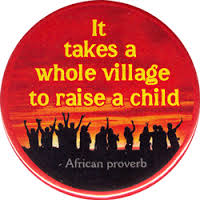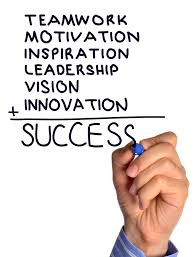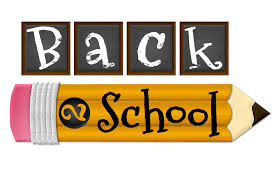“Celebrate what you’ve accomplished, but raise the bar a little higher each time you succeed.”
– Mia Hamm
It’s back to school time! This week we prepare for our New Teacher Orientation and Induction Programming. In addition to the bus tour (new this year) and the workshops and the meetings and the time to set up classrooms and work spaces, we are also going to share messages, philosophies, writings, readings, and ideas about who we are in DPS109. We will share how our motto: Engage, Inspire, Empower guides our work and reflections, we will share our initiatives, successes, curriculum resources, instructional expectations, and we’ll help get ready for the first day with students the following week.
There are many wonderful messages about the power and impact of teachers on students’ lives. It never gets boring or old or stale for me to read new and previous posts, articles, quotes, ideas, and musings about the power and value of education and the educators who work tirelessly and selflessly to make the lives of students better and more informed! There is a great deal to be said about the first few days and weeks of school. These essential relationship and culture foundation building days and weeks can make or break a school year – it is essential to get off on the right foot so to speak on behalf of our students.
For many year s in another district and in another position of leadership we distributed Harry Wong’s book The First Days of School to all new teachers. In the district where I currently serve, we distribute another excellent book Doug Lemov’s Teach Like a Champion. While we focus on all teachers and all employees and all learners, annually we pay special attention to our new teachers through new teacher orientation, induction, mentoring, professional learning, etc. As we prepare to go back to school, our aim and emphasis includes helping folks mentally prepare for the first days of school! It’s an adventure and it’s a journey and it’s quite rewarding to start the school year fresh each year!
s in another district and in another position of leadership we distributed Harry Wong’s book The First Days of School to all new teachers. In the district where I currently serve, we distribute another excellent book Doug Lemov’s Teach Like a Champion. While we focus on all teachers and all employees and all learners, annually we pay special attention to our new teachers through new teacher orientation, induction, mentoring, professional learning, etc. As we prepare to go back to school, our aim and emphasis includes helping folks mentally prepare for the first days of school! It’s an adventure and it’s a journey and it’s quite rewarding to start the school year fresh each year!
One of the articles I read each year was originally published by the AASA in 2011 (click the links for the original article) by Tom Guskey – a leader and educator who I respect and whose writings and messages I follow. Guskey was a keynote and a presenter in our District.
 ty in their perceptions continues only until teachers administer the first quizzes and assessments around the end of the second week of school. When teachers assign grades to those first quizzes, the grades put students into categories. Getting out of a category is really difficult.
ty in their perceptions continues only until teachers administer the first quizzes and assessments around the end of the second week of school. When teachers assign grades to those first quizzes, the grades put students into categories. Getting out of a category is really difficult. It should be something that makes students feel good about what they have achieved and confident in their abilities as learners.
It should be something that makes students feel good about what they have achieved and confident in their abilities as learners.Another great writer, and one who is closer to home, Dr. Jeff Zoul, recently p osted a back-to-school article on his blog and it is also a great read and a powerful reminder to us all about the impact we have as educators and about the power of relationships!
osted a back-to-school article on his blog and it is also a great read and a powerful reminder to us all about the impact we have as educators and about the power of relationships!
